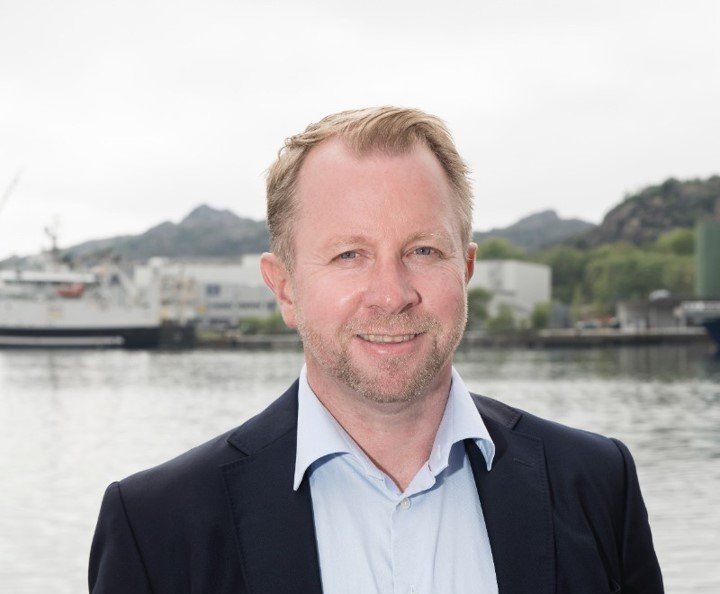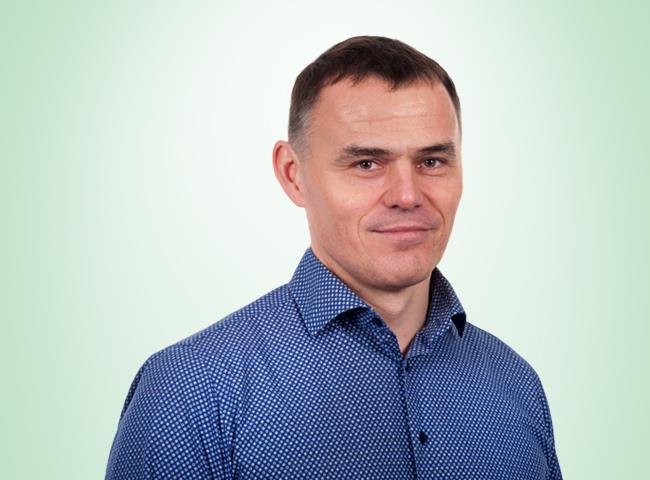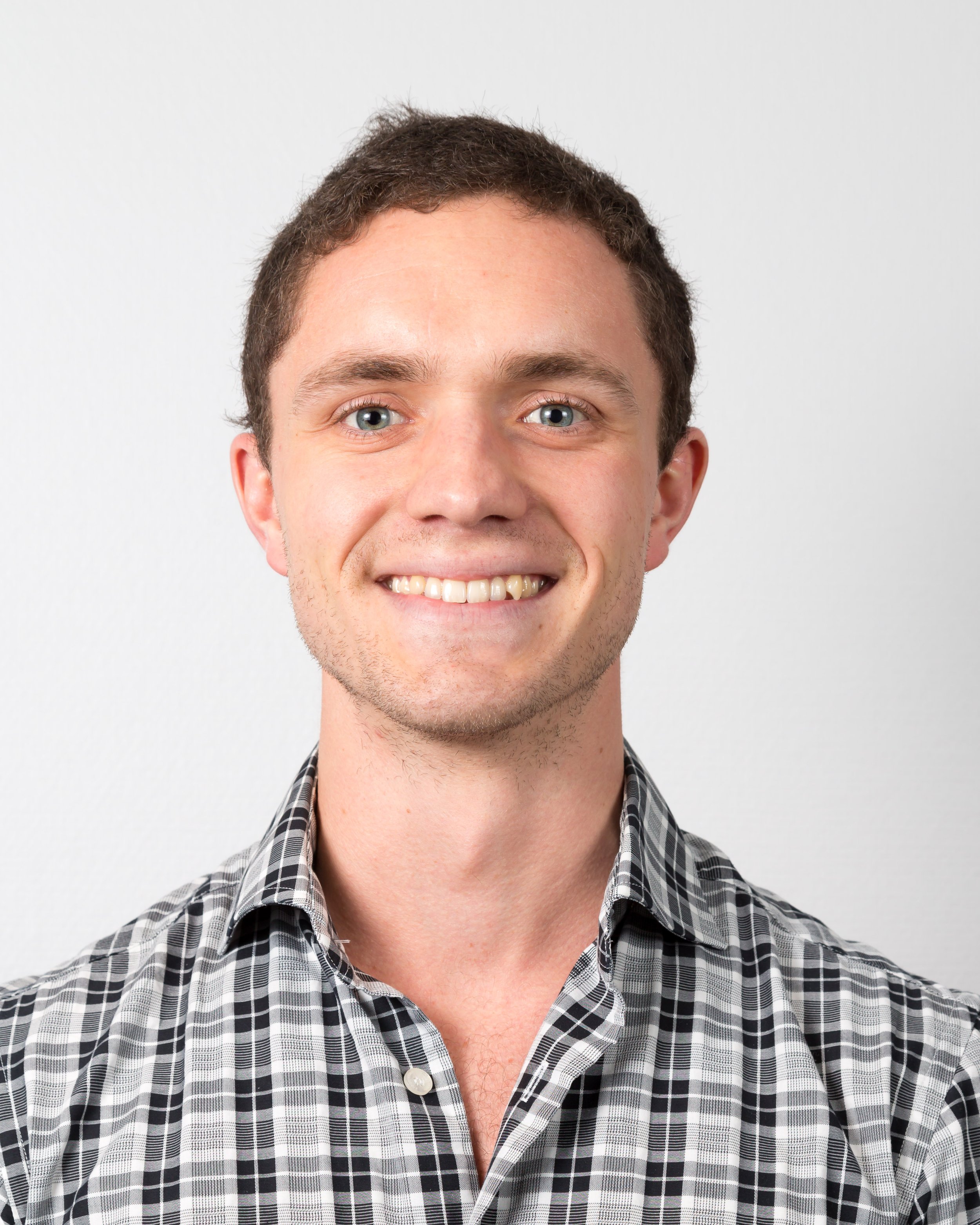Cluster Catch-Up: EKtank
"Collaboration is necessary if we are to reach our common goals of reducing greenhouse gas emissions."
Cluster Catch-up is a column where we ask our members 6 questions to catch a glimpse into their daily business life.
In the last Cluster Catch-up, Tore Enger in Teco 2030 nominated EKtank to talk about their day-to-day business life. Jörgen Johnsson, Managing Director in EKtank, was essentially born into tanker shipping, transporting oil and chemical products. He has a Master in Mariner education at Chalmers Maritime Academy. The Ektank Company was founded by his father in 1967. Together Jörgen and his father have shaped the development of Ektank into the successful company that it is today.
The Company has 53 years experience of transporting liquid energy, operating and building high-quality tanker vessels, upgrading vessels and ensuring vessels are maintained to a high standard for reliability. Today the company fleet consists of five product tanker vessels, in the range of 13,700 DWT to 19,800 DWT, trading in Northern Europe. All vessels have Swedish/Finnish Ice class 1A with environmentally efficient and powerful engines. All vessels are built for cold and rough climates and are registered under the Norwegian flag.
1) What is Ektank’s primary focus right now?
Our focus consists of a broad range of aspects in terms of emissions, energy consumption and efficiency as well as the economic impact of the global transition from fossil fuel to zero emission fuel. We must accept that development of new technology is needed for operation of our vessels on the pathway to zero-emission fuel in the future.
The world is undergoing a huge transition period, perhaps the biggest ever, and we do believe the world will continue to be dependent on oil for years to come. Oil products are not only the base for fuels, energy and lubricant oils but also the main constituent for the plastics we use in daily life.
For example, a motor car is made up of approximately 20% plastic and this proportion will increase as cars require to become lighter and more efficient to meet emission targets. Whilst we can recycle many plastics it is difficult to commercially produce renewable plastic. In the future oil refining will gradually change to such production but in the meantime the need for oil exists.
We will therefore continue to support our customers to transport current liquid products whilst preparing for renewable product as the rate of changeover increases. This we can achieve in a sustainable way with our environmentally efficient vessels.
Presently we are looking for involvement in small hydrogen projects in order to understand get experience of and learn from, so as to prepare for the next generation of tanker vessels. Working with our customers´ changing needs and adapting to cleaner energy products will give us the experience to develop our operation further. Through partnership projects with existing and new customers we would seek to enhance and strengthen our joint capabilities. Such experience will enable us to redevelop our existing fleet and help us design the next generation of Ektank vessel.
2) What do you see as the biggest challenges and opportunities for the maritime industry in the future?
I would say global harmonized predictable regulations, together with safety and the finance aspect (economic profit) are the biggest challenges.
With challenges, possibilities and opportunities will always follow. Sustainable solutions will create attractive business. The key is to be on the right track when the breakthrough comes.
The challenges are many as shipping is global. The timeline from planning to launching a conventional tanker vessel is about three years. As the life cycle of the same vessel, in this part of the world is around 20 years based on being able to meet existing customer requirements, then the challenge is to venture into new technology and invest this in new vessels. Presently there is no global harmonized or predictable regulatory framework which guarantees that today’s regulations will remain applicable the day after the vessel is delivered from the shipyard. Achieving the required transition requires heavy investment and significant risks which would be borne by the vessel owners.
3) How can hydrogen be a part of the solution for the future?
We believe that green hydrogen (produced using renewable energy) will play an important role in reducing the environmental footprint in the energy mix of the zero-emission future, especially for ships trading in coastal waters. Initially hydrogen can be used as main fuel for auxiliary engines. In the future we believe hydrogen can be used for bigger projects as the primary energy source onboard or together with other components to produce ammonia and methanol.
We aim to build our next generation of tanker vessel transporting liquid energy, powered by zero-emission fuel. The type of cargo tank system for the next generation of tanker will be decided on by the speed of development of new energy. Perhaps in the future a new generation of Ektank vessel will transport hydrogen and have propulsion powered by gas released from the cargo?
4) What is your primary focus when it comes to sustainability?
We are determined to reduce the climate footprint of our business. By 2020 Ektank achieved reduction in CO2 emission, in our own tonnage, of 40 percent measured against 2008. Our ambition is to enable our company to grow, while at the same time reducing its emissions and its environmental footprint.
We will seek to constantly improve and implement new solutions to reduce this even more. To continue to reduce CO2 emissions at the same rate of success since 2008 until 2050 will require new technology. We will follow all new technological innovations and alternative fuels. Here, the fuel cell engine is one of the promising tracks we are pursuing.
5) Why did you decide on becoming a member of Ocean Hyway Cluster?
With our existing assets we would like to contribute to the development and implementation of sustainable solutions and at the same time learn from and collect experiences by others. Collaboration is necessary if we are to reach our common goals of reducing greenhouse gas emissions. The mix of membership in Ocean Hyway Cluster, from small to very big companies, we hope will give us a good base to find suitable project- and business partners. In fact, already after three months of membership, we have commenced discussions with other members within the cluster which we hope will generate interesting projects which will benefit all parties involved.
























